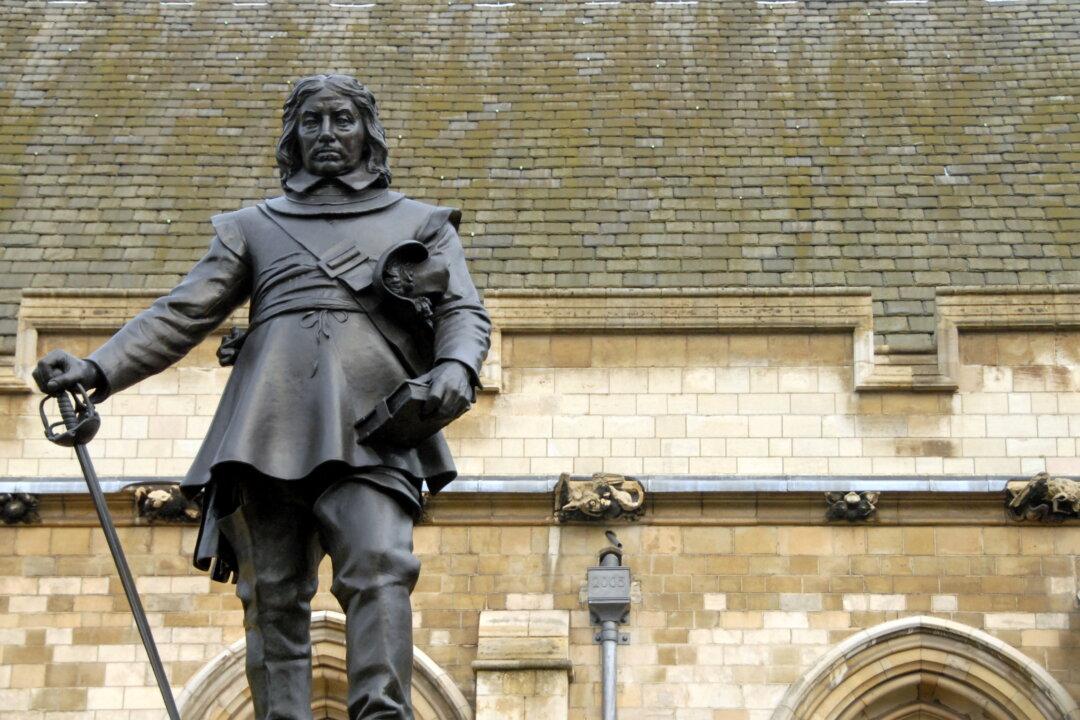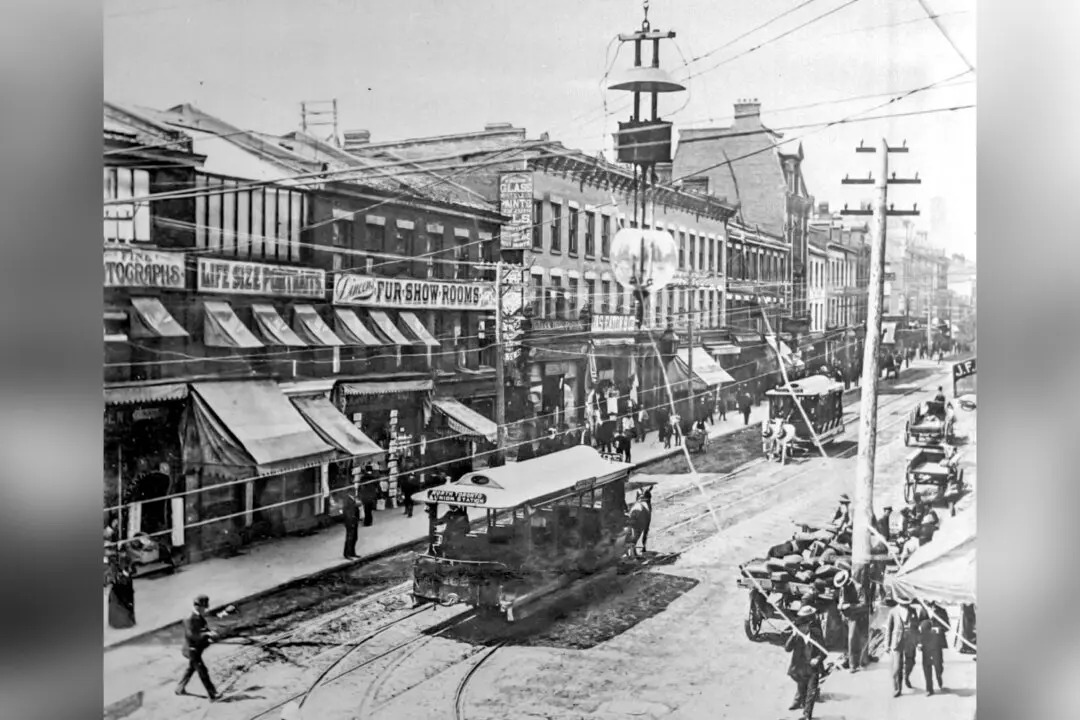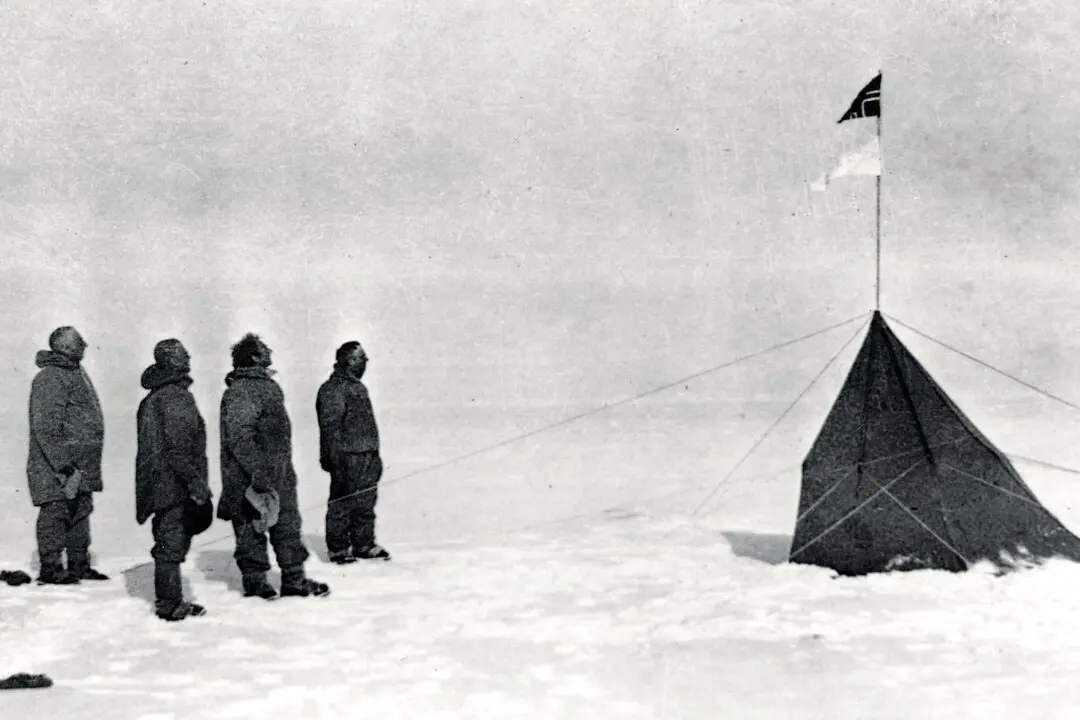Commentary
“You have sat too long for any good you have been doing lately. … Depart, I say; and let us have done with you. In the name of God, go!” With these words, General Oliver Cromwell ordered the English Parliament, called “the Rump” because it was all that remained after the last legitimate Parliament elected in 1640 had been purged of dissident members, disbanded at the point of the sword.





